AILET 2023 Ph.D. Question paper with answer key pdf is available for download. The exam was successfully organized by Delhi National Law University. AILET 2023 was conducted on December 11, 2022, from 11.00 AM to 12:30 PM. Candidates had to answer a total of 50 MCQs and one descriptive question divided into two sections: Section A and Section B. In AILET Ph.D. 2023 Question Paper, Section A questions tested the legal knowledge and legal reasoning drawn from different areas of law.
AILET 2023 Ph.D. Question Paper with Solution PDF
| AILET 2023 Ph.D. Question Paper with Solution PDF | Check Solution |
Which of the following condition must be satisfied for invoking Section 210 of the Code of Criminal Procedure, 1973, in a case?
Assertion (A): The rule making power of the Supreme Court is not subject to any law made by the Parliament of India.
Reason (R): Only an impartial and independent judiciary can protect the right of the individual without fear or favour.
Roscoe Pound's theory identifies the proper goal of a legal system as the satisfaction of demands, desires, and claims. The demands, desires, and claims are called as
Which of the following is not correct regarding a person arrested with or without warrant by a police officer or under a warrant by a private person?
"What cannot be done directly, cannot be done indirectly"- this statement epitomises the doctrine of
"The High Court may confer on any Magistrate invested with the powers of a Magistrate of the second-class, power to try summarily any offence." Which of the following is not correct regarding the powers of such Magistrate to try summarily an offence ?
When a person is accused of committing more than one offence of the same kind, either against the same person or not, he may be charged with and tried at one trial if the said offences were committed within the space of
The Supreme Court in which of the following case held that "though the right to pursue higher education has not been spelt out as a Fundamental Right under Part III of the Constitution, it bears emphasis that access to professional education is not a governmental largesse, and that the State has an affirmative obligation to facilitate access to education at all levels."
In which case, it was held by the Supreme Court that an anticipatory bail cannot be limited or restricted to a fixed period?
'Z' attempts to horsewhip 'A', not in such a manner as to cause grievous hurt to 'A'. 'A' draws out a pistol but 'Z' continues the assault. 'A' believing in good faith that he can not save himself by any other means, shoots 'Z' dead. 'A' is liable for
Offence of 'Waging of War' and offence of 'Sedition' require
'Morals are more dynamic, more revolutionary, more mobile, more directed towards the future ... than is the law. The latter is more attached to traditional practices than to acts of innovation, more dependent on intellectual representations and the balance of forces than is morality. Yet, ... there have been cases where "an advanced law" has overcome current morality so that law has become a factor in moral change.' This exception happens in which of the following circumstance ?
Right of private defence against the act of Public Servant is available if
To fix the liability on the basis of 'Common Object', which condition is not required to be satisfied?
"... From a critical legal studies point of view, there is no 'rule of law' in the singular. Rather, there are versions of the rule of law, each serving different ideological goals -- a 'rule of law with liberal characteristics,' a 'rule of law with Chinese characteristics,' and so on through one's preferred list of ideological projects." Such an argument stems from which of core positions of CLS?
Which of the following case is not related to offence of 'Rape'?
What was the principle laid down by the Supreme Court in A. K. Kraipak v. Union of India (1969)?
A boy of 17 years marries a girl of 15 years. Under Hindu Marriage Act, 1955 the marriage is
In which of the following cases, a child could not be a 'Hindu' under the Hindu Marriage Act, 1955 ?
I. Only one parent is a Hindu and the child was brought up as a Hindu.
II. If after the birth of a child, both the parents convert to Buddhism.
III. Only one parent is a Jain and the child was not brought up as a Jain.
IV. If after the birth of a child both the parents convert to Muslim religion and in the exercise of parental right the child is also converted to Muslim religion.
Codes:
Which of the following is not an exception to the principles of natural justice ?
Utilitarianism works on the basic premise "the greatest happiness for the greatest number." In this context which of the following statement is incorrect ?
i. An act can increase happiness for the greatest number of people but still fail to maximize the net good in the world if the smaller number of people whose happiness is not increased much more than the greater number gains.
ii. The principle of utility would allow sacrifices of the smaller number to the greater number.
Coparcenary property of a Hindu :
A prompt dower is payable :
Which of the following statement/statements is/are correct?
A. Fundamental Rights are not absolute. They are subject to reasonable restrictions.
B. Freedom of press is implicit in Article 19 of the Constitution.
C. Socially and Economically backward classes of persons are entitled to get benefit under clause (4) of the Article 15 of the Constitution.
D. 'Equal Protection of Laws' under Article 14 of the Constitution is based upon English Law.
Codes:
Identify from below given options the most rational choices parties in the original position will choose according to Rawls.
The following is true about s. 53A, Transfer of Property Act :
A transfers some money to B on the condition that he shall marry with the consent of C, D and E. E dies and B marries with the consent of C and D. Has B fulfilled the condition?
Mortgage by deposit of title deeds requires the following :
Identify from the following statements, the correct scope of an unjust law according to Finnis in the context of the following adapted argument of Finnis. 'The focal meaning is of an authoritative common ordering of a community, aimed at facilitating the realisation of the common good.'
i. Much of the unjust law will not be law in its focal sense
ii. Unjust law will at best be an imperfect or fringe instance of law in its focal meaning
iii. At worst unjust law will be a mere corruption of law in that focal sense
Which of the followings are considered to be elements for the identity and existence of a legal system ?
i. Efficacy
ii. Institutional character
iii. Sources
Following is not the difference between the lease and the agreement to lease :
Which types of cases cannot be dealt with by the Lok Adalat ?
UN Convention on International Settlement Agreements Resulting from Mediation (Singapore Convention) shall apply when :
i. there exists a mediated written agreement between parties;
ii. at least two parties to the settlement agreement have their places of business in different States;
iii. settlement agreements concluded to resolve a dispute arising from transactions engaged in by one of the parties (a consumer) for personal, family or household purposes;
iv. the State in which the parties to the settlement agreement have their places of business is different from either the State in which a substantial part of the obligations under the settlement agreement is performed; or the State with which the subject matter of the settlement agreement is most closely connected;
Select the correct combination
The principle of pacta sunt servanda in international law declares
Identify to which of the legal theories the following statements can be most appropriately alluded to.
"One of the main functions of law is obscure power relationships. Thus, the legal form will refer to the right to freely enter into contracts but in the absence of equality of bargaining power, this freedom is illusory."
State responsibility under international law requires the following to be fulfilled :
i. There exists an international legal obligation in force as between two particular States
ii. There has occurred an act or omission which violates that obligation and which is imputable to the State responsible
iii. Loss or damage has resulted from the unlawful act or omission
Choose the correct option
The following is not true about the Board of directors of a company :
Eugen Ehrlich identified the real source of law not as statute or reported cases but the activities of society. If so, which of the following statements would be correct.
i. There is a living law underlying the formal rules of legal system and the task of the judge is to integrate both
ii. In heterogenous and pluralistic societies there will invariably be more than one living law
The following statements are related to s. 56 of the Contract Act, 1872:
Period of fifteen days of police custody should be counted from
While referring to natural rights, one of the jurist referred to them as "simple nonsense," with "natural and imprescriptible rights, rhetorical nonsense nonsense upon stilts". Who among the following is that jurist ?
Which one of the following is true ?
'Doctrine of Cyprus' is related with
Revocation of a proposal may not be made by the following:
The provisions of the IBC, 2016 are applicable to:
The remedies for the defamation include the following:
The Consumer Protection Act, 2019 provides for the following:
Following is true about relationship of partnership:
Acknowledgement of a debt by a principal debtor binds the guarantor in all respects if he had given an express consent:
"It cannot be concluded from the mere fact of the control exercised by a State over its territory and waters that state necessarily knew, or ought to have known, of any unlawful act perpetrated therein, nor yet that it necessarily knew, or should have known, the authors. The fact, by itself and apart from other circumstances, neither involves prima facie responsibility nor shift the burden of proof. "The above endorsement of fault theory of state responsibility was delivered by the ICJ in which of the following cases?
Drones are Unmanned Aerial Vehicles (UAVs) that are controlled either by a pilot on the ground or with the help of technology. The drones, which were earlier used only for applications such as surveillance, emergency response, geo-spatial mapping etc., are fast emerging as serious participants in the commercial delivery market.
In India, Ministry of Civil Aviation has notified The Drone Rules in August 2021. Later, in October 2021, ICMR-led pilot project used drones for delivering COVID vaccines to remote locations in the northeast. However, commercial use of drones for e-commerce deliveries has not really picked up in the past one year. It points to hesitancy of stakeholders in deployment of drones.
You have been assigned the task of conducting an exploratory study to understand and address the issues and concerns of e-commerce vendors, regulatory authorities, and consumers. Suggest a suitable research design, data collection and analysis plan for your study.
Unified Payments Interface (UPI) is a system that powers multiple bank accounts into a single mobile application merging several banking features, seamless fund transfers and merchant payments under one umbrella. It also supports Peer-to-Peer collect requests which can be easily scheduled and paid as required. After a slow start in April 2016, UPI has gained wide acceptance over the years, and in India we clocked more than 7.3 billion UPI transactions with a value of over Rs. 12.11 lakh crores for the month of October 2022.
You are required to present a comprehensive research plan to identify the factors that have contributed to the spectacular success of UPI in India. Your plan must include a detailed examination of the role of financial regulations and demographics of our country.
An apparel factory caught fire during the evening in which 12 people perished. An enquiry was set under the chairmanship of a retired judge to find reasons of the fire and identification of the people who would be directly or indirectly responsible for the mishap. Propose a research design to find the causes of the fire and the guilty people for punishment according to law.
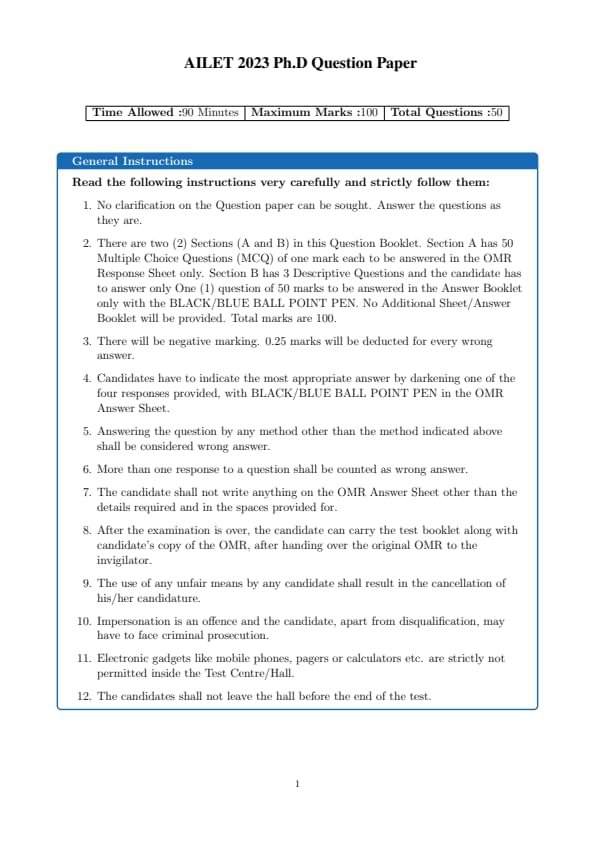
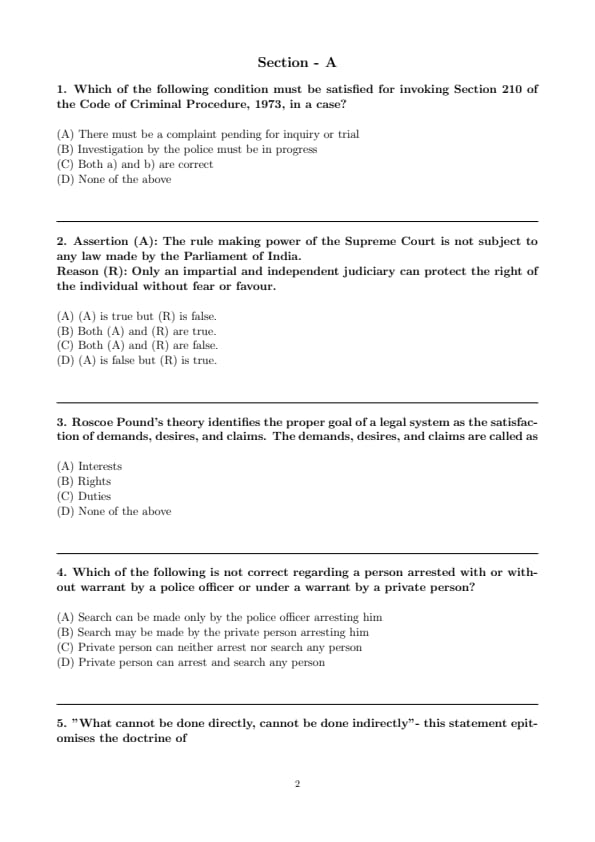
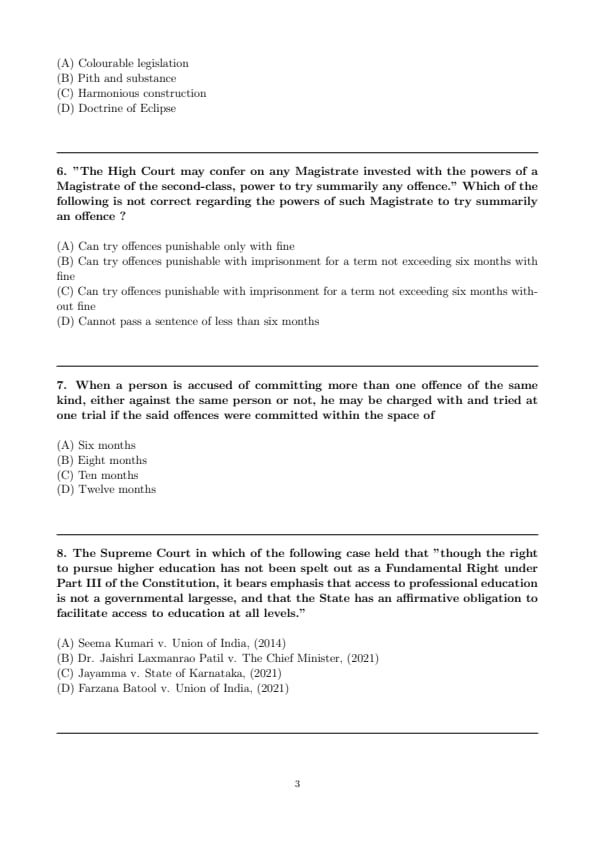
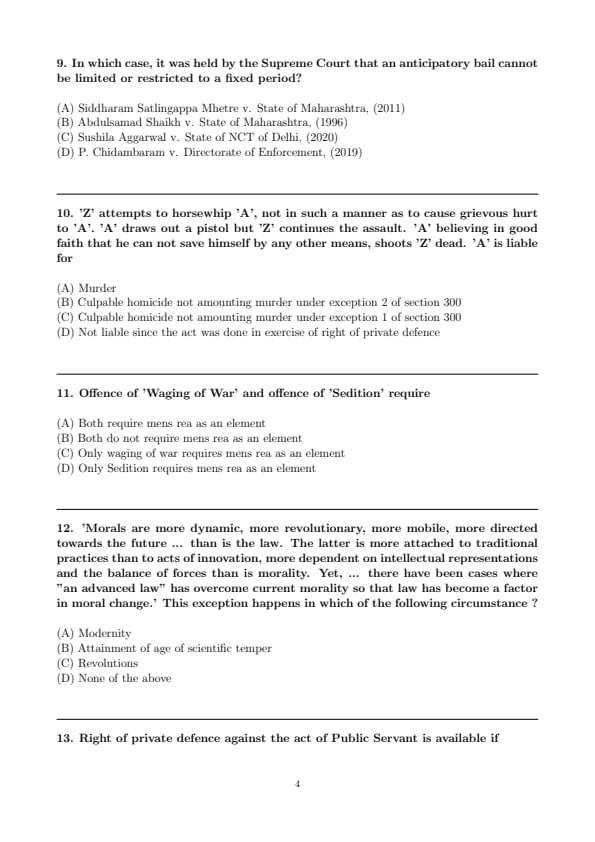
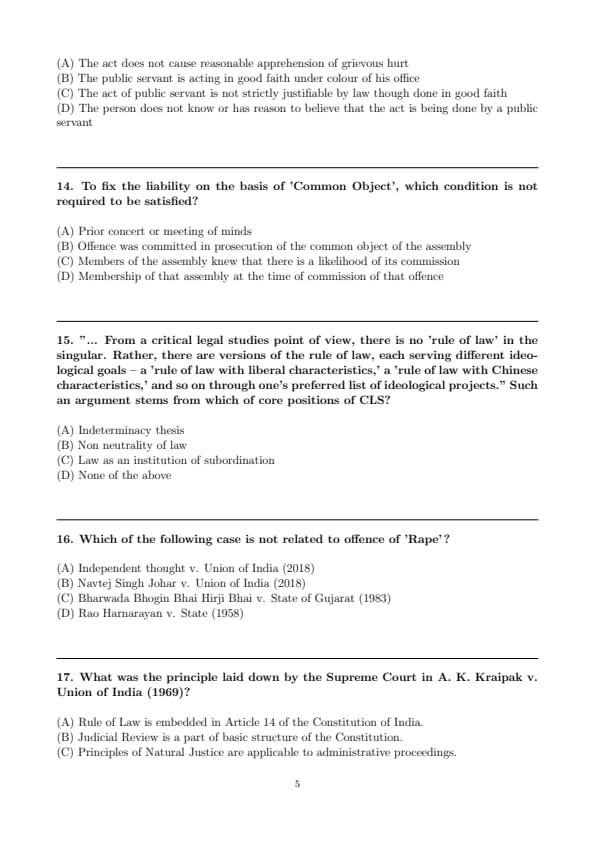
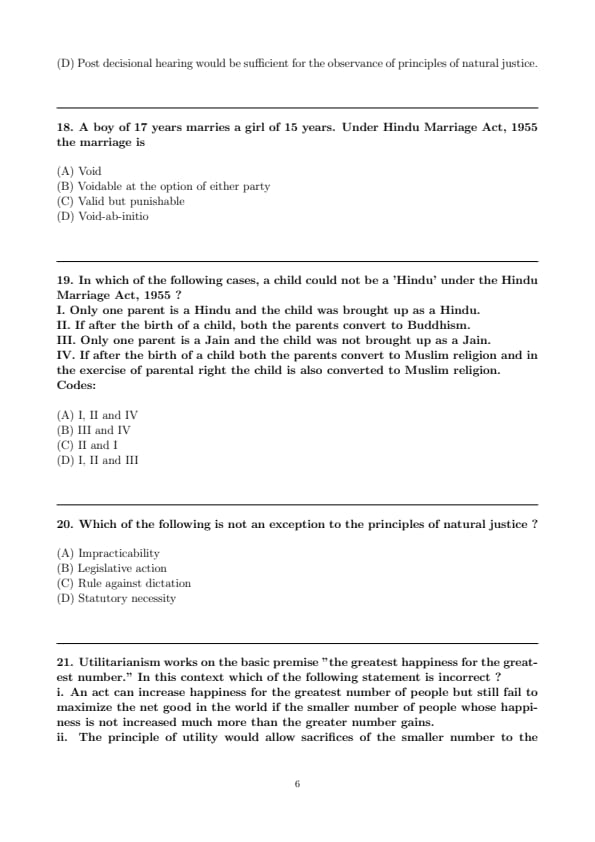
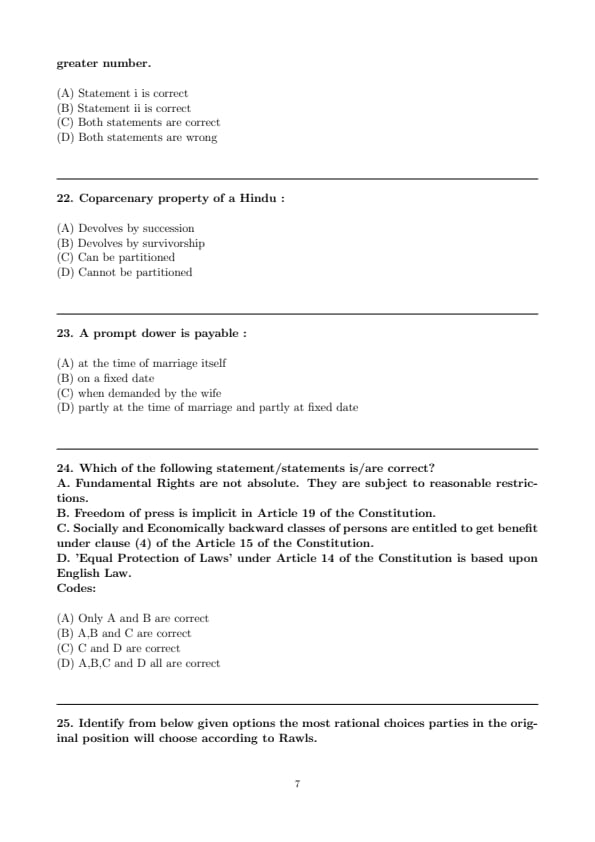
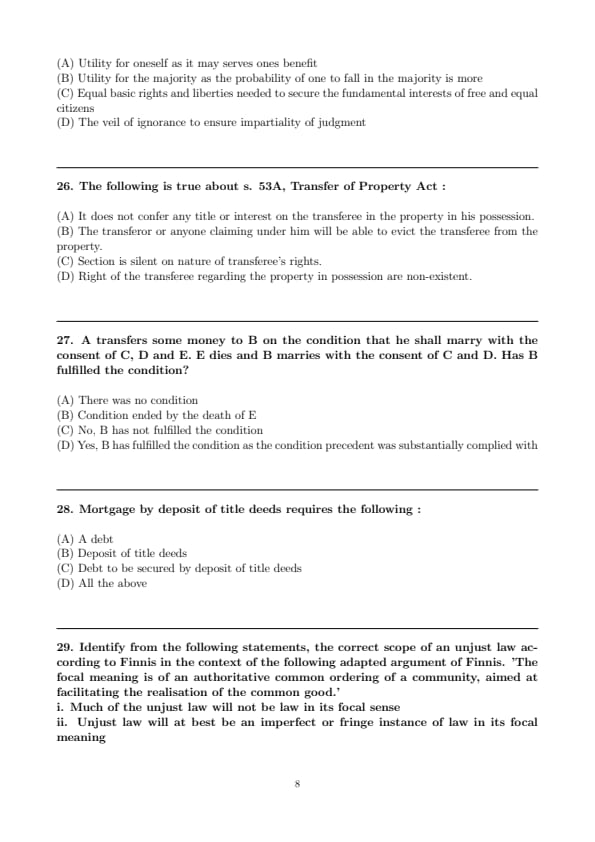
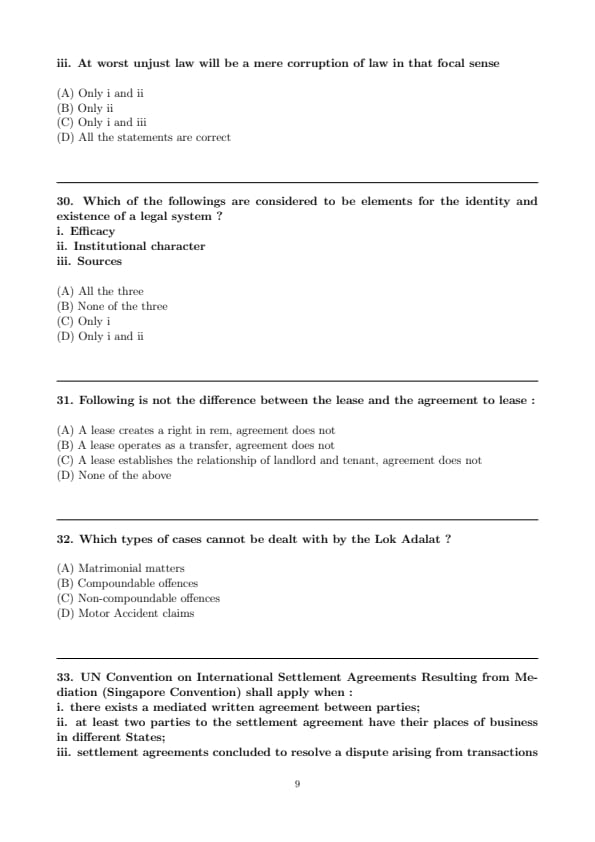
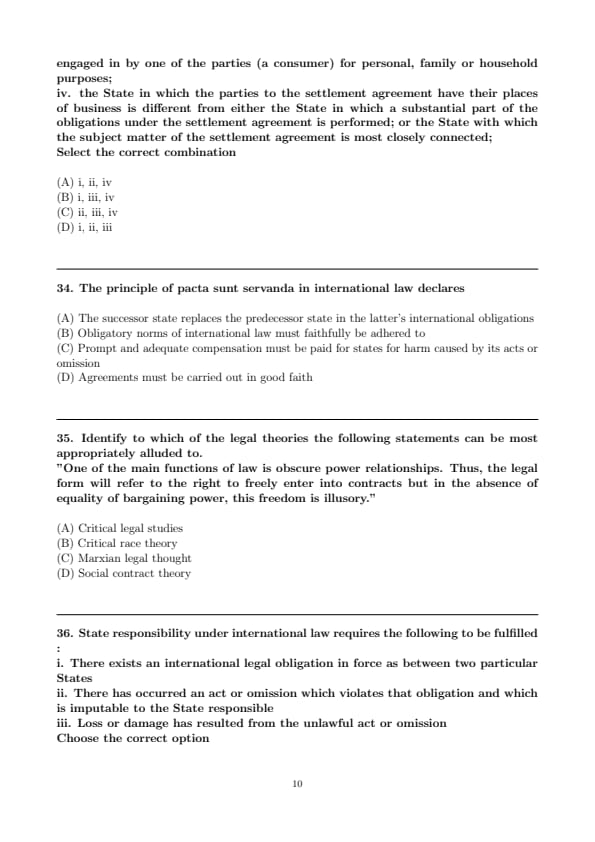
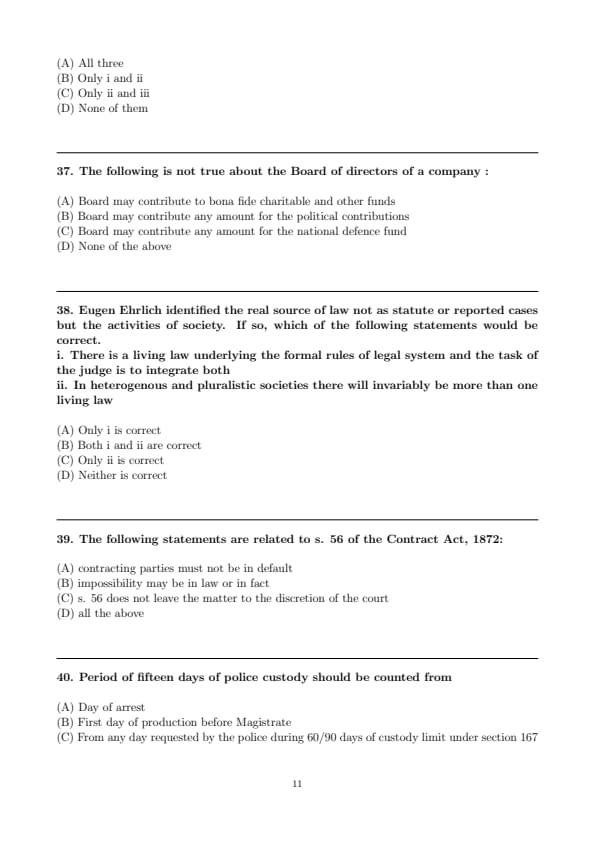
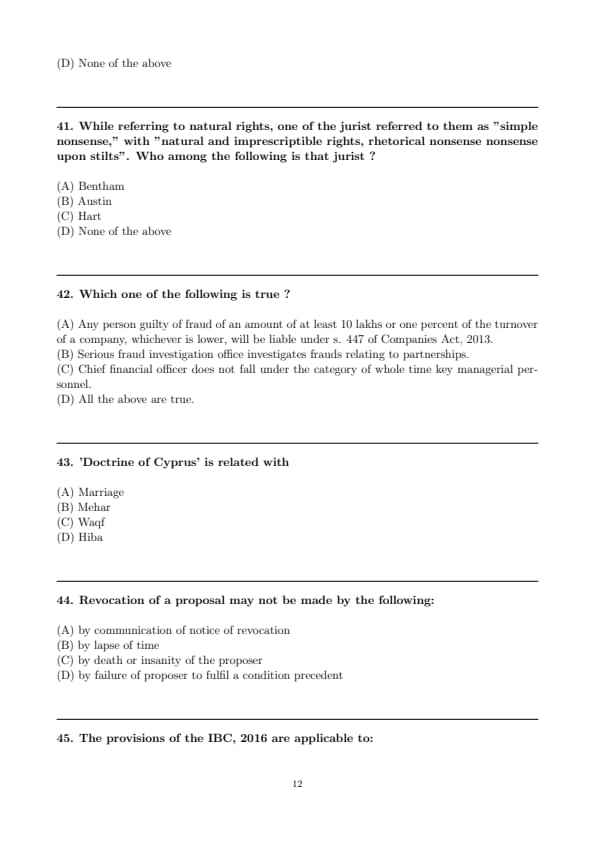
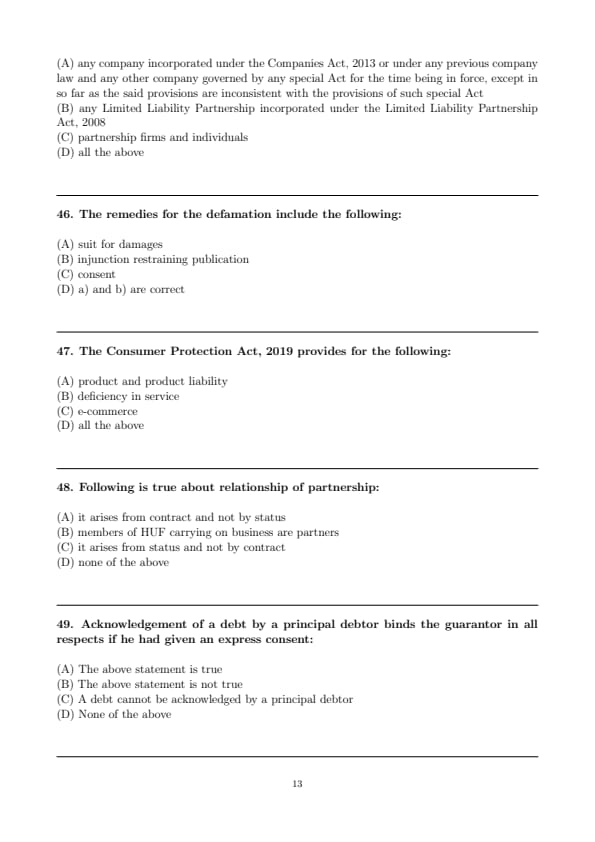
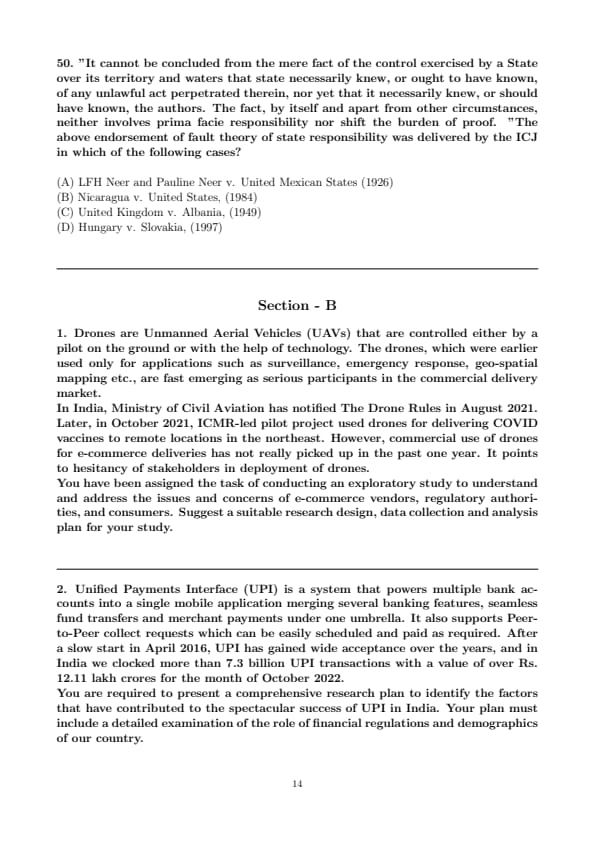
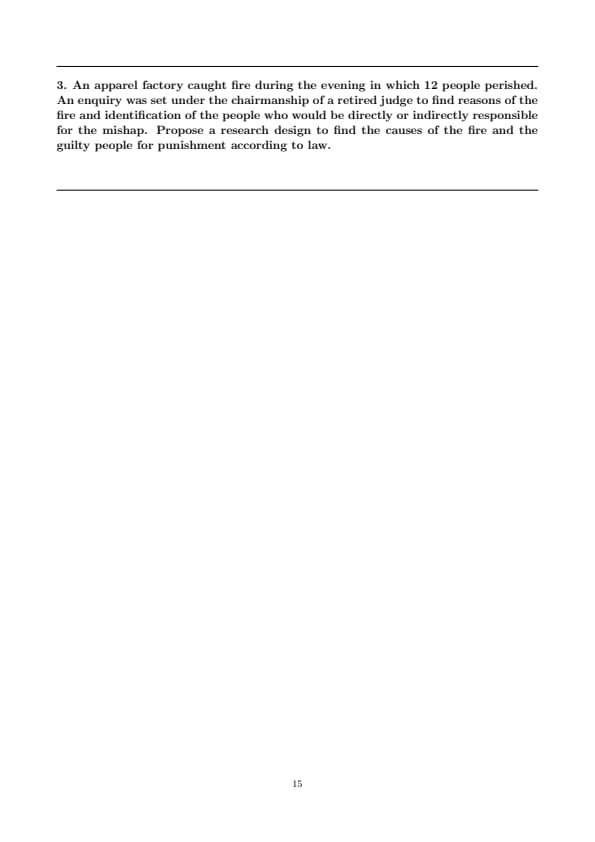







Comments